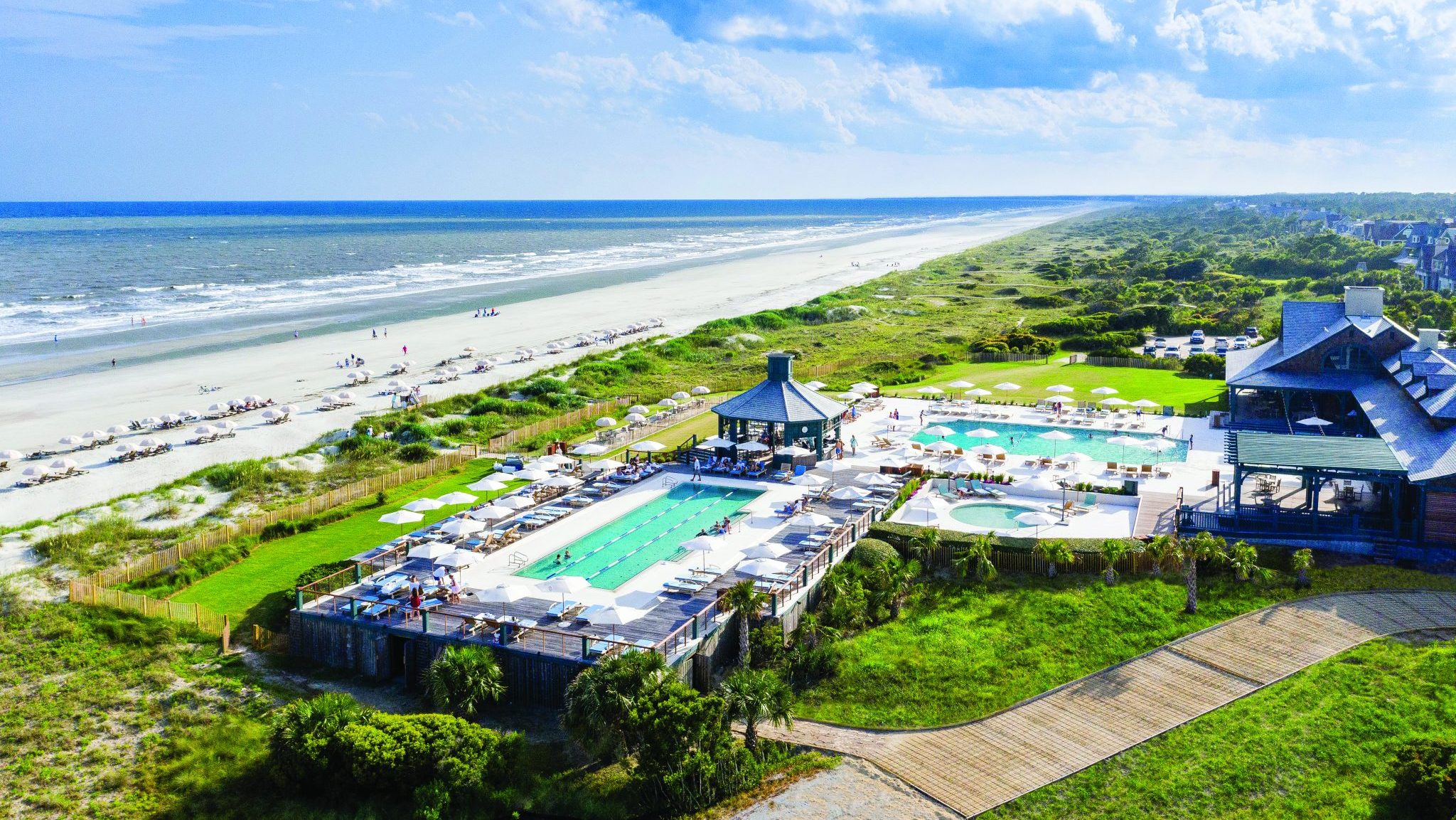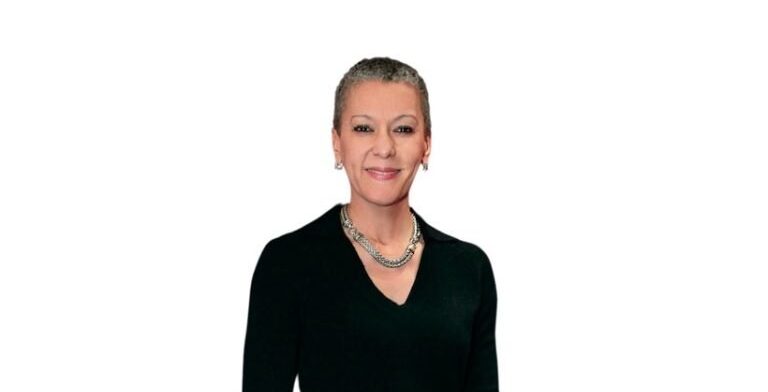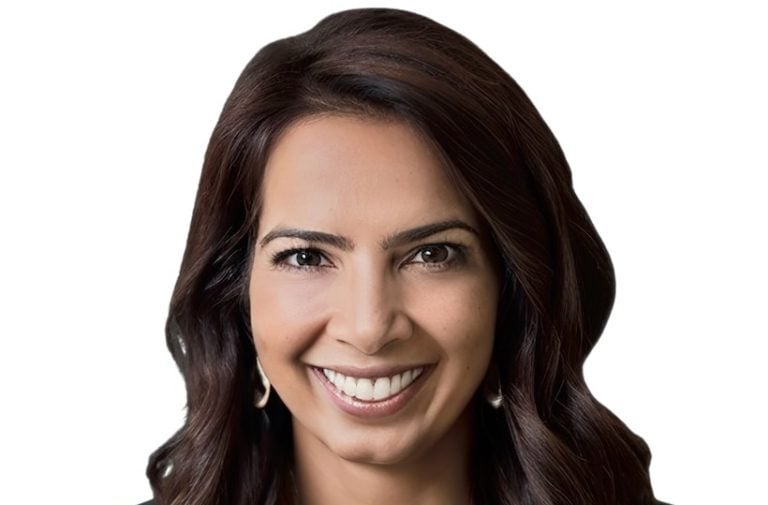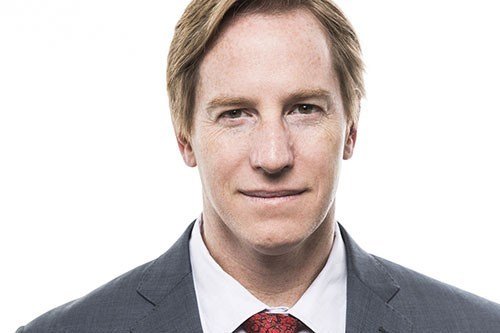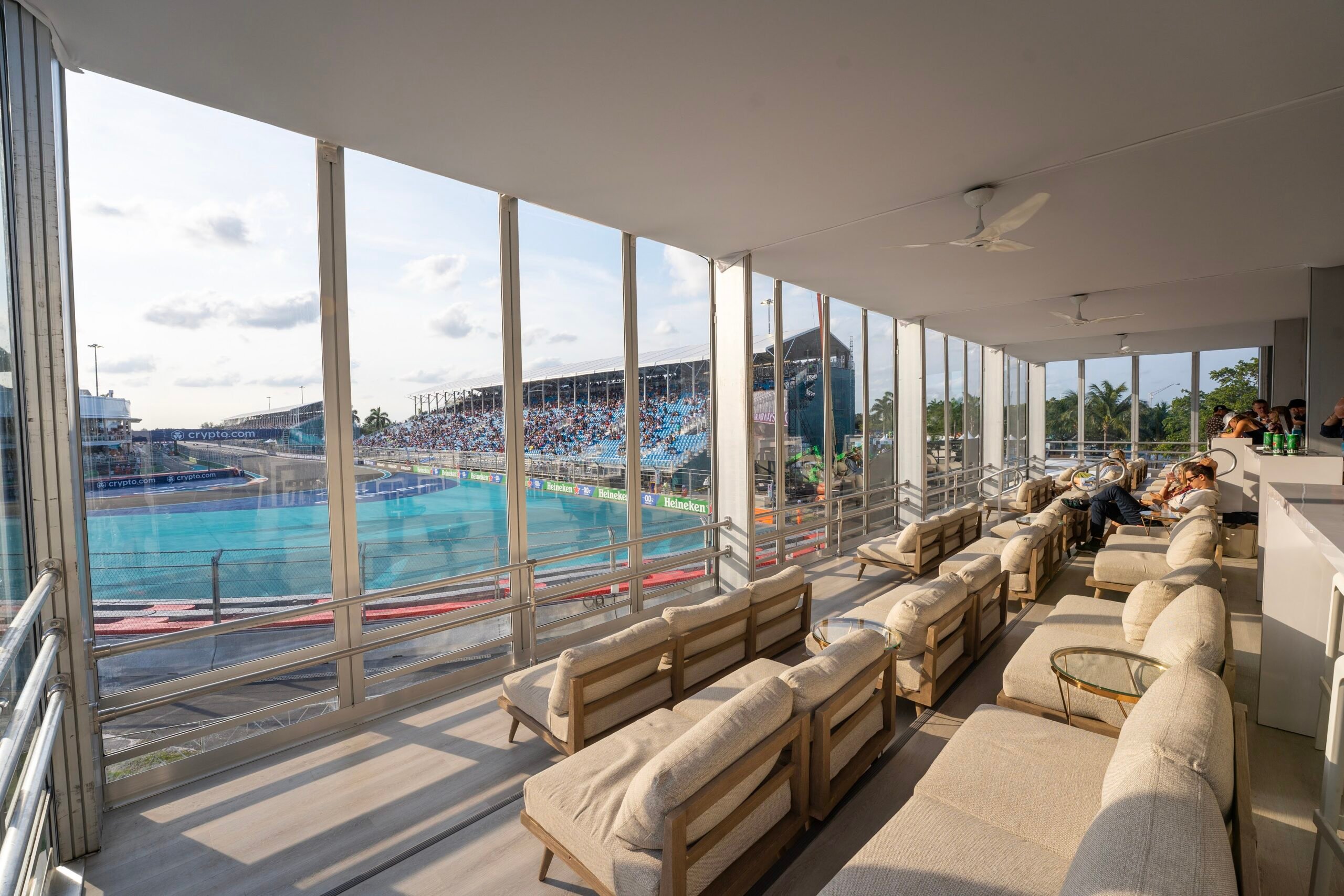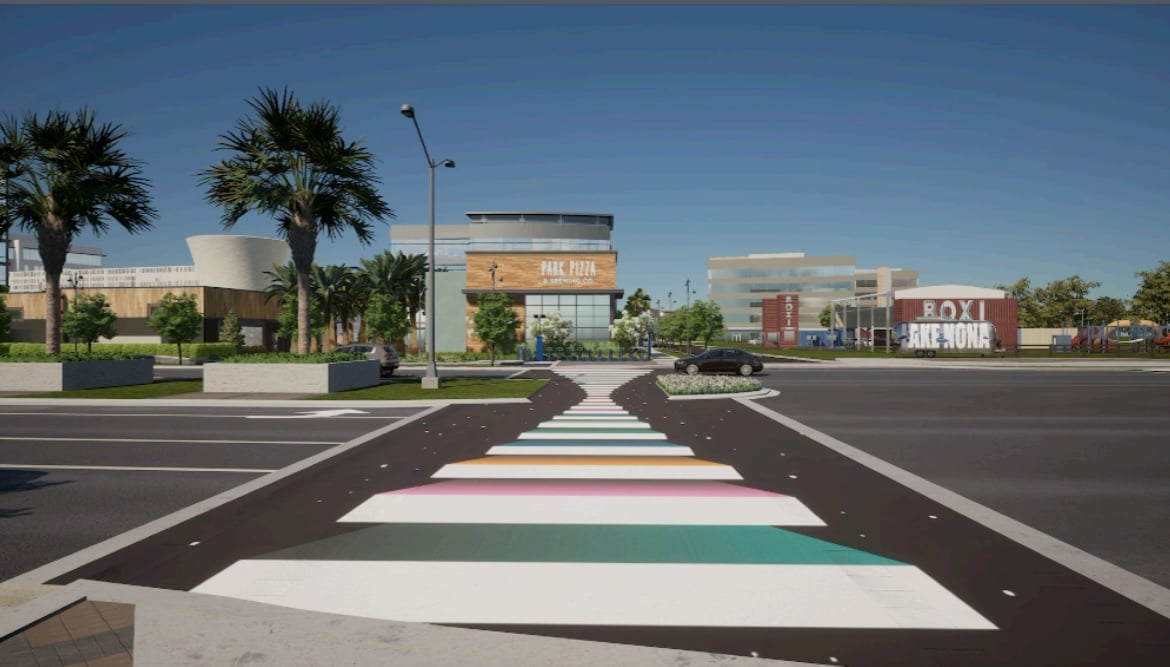Anyone who’s been to Kiawah Island, the 10-square-mile barrier island that’s about 40 minutes by car south of Charleston, South Carolina, knows that it’s a place of profound beauty, with vast stretches of unspoiled beaches, rivers, wetlands, marshes, lush trees, and undergrowth, home to 20 species of mammals, 40 species of reptiles, and about 250 species of migratory and resident birds. Even as the island has been thoughtfully developed with roads, homes, and seven outstanding golf courses, a number of committed stakeholders have worked diligently—and successfully—to preserve the island’s natural beauty.
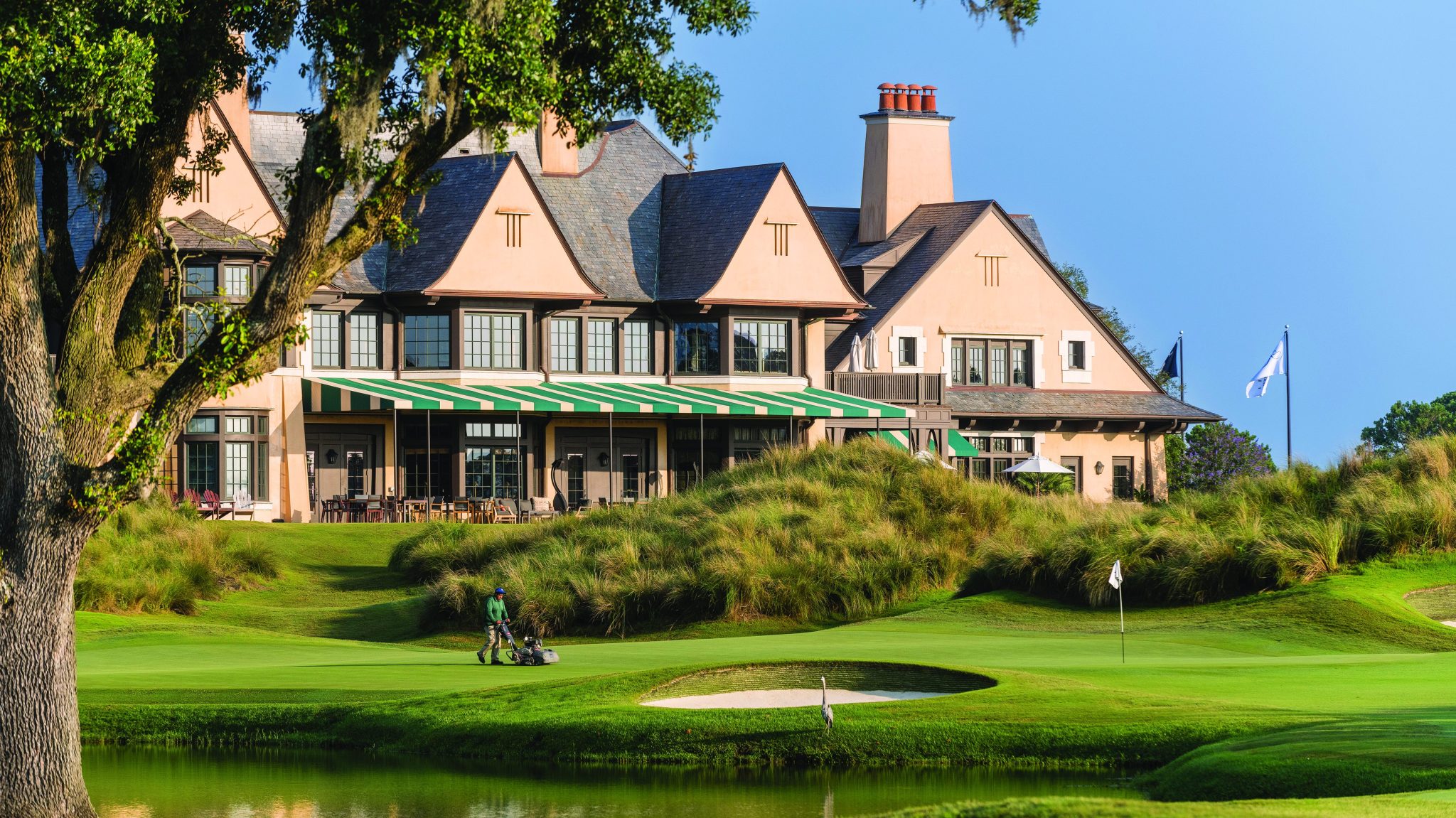
One of those stakeholders is a Charleston-based real estate private equity firm called South Street Partners, who purchased Kiawah Partners in 2013. South Street was founded in 2009 and is owned by four partners—Chris Randolph, Will Culp, Jordan Phillips, and Patrick Melton. At Kiawah and subsequent investments, such as Palmetto Bluff in South Carolina and The Cliffs in North and South Carolina, South Street is becoming known for its philosophy of “designing with nature,” an approach to design that prioritizes natural preservation not just as a moral imperative, but as a means of enhancing stakeholder value. Designing with nature means forward-looking, long-term stewardship of uniquely beautiful places. But for South Street, sustainability isn’t just about natural preservation. A tenet of their sustainability philosophy means taking the same engaged, long-term approach with the thousands of people who work at the firm’s properties. For South Street, sustainability is about more than beautiful homes and amenities designed in harmony with the natural environment. It’s about investing in people who work in and live on or near their properties.

“Nature is a part of the conversation, but we consider our people a part of this community and when we talk about sustainability, they are an integral part of that conversation,” says Dixie Norris, South Street’s Vice President of Human Resources.
Sustainable management is a company-wide philosophy for South Street, but it really began at Kiawah. “When we first got to Kiawah in 2013, it was obvious that a lot of our employees had long relationships with the [previous ownership],” says South Street partner Chris Randolph. “There was a lot of trepidation for them with that transition—they’d only known one employer in their entire careers.”
South Street was acutely aware that, if they didn’t make the right moves, their roughly 500 employees had other options, jobs at nearby resorts or the restaurants and hotels of Charleston. “We had to lean in to become the employer of choice,” Randolph says. Doing so was a business imperative. Most Kiawah employees live on two neighboring barrier islands, Johns and Wadmalaw Islands. (Together with Kiawah and Seabrook, they’re known as the Sea Islands.) The challenges of geography mean that “this isn’t the easiest place to recruit people.” And even before the pandemic, the hospitality industry in general was known for frequent employee turnover. The more employees leave, the more customer service suffers. That’s particularly true at Kiawah, a small, close-knit community where the warmth of Southern hospitality matters. Kiawah Island Club Members “often have close relationships with the staff, because they interface with them every day,” Randolph says. “You’ll see employees and management forming these relationships with members that far outstrip what you usually see.” At the same time, Randolph admits, “these are hard jobs. We’ve got customers who expect a lot. So, we know we have to take care of our team.”

They started simply by talking with their employees, asking for input through informal conversations, company-wide events, meetings with managers, and frequent employee surveys. Over the years, the partners at South Street have shown that they respond to what they hear: An initiative to expand activities for children came from employee feedback that Kiawah parents wanted more support, so that they had kid-free time to play golf, get a massage, or go out to dinner by themselves. And South Street fosters career advancement. “We offer a lot of opportunities for growth from a learning and development standpoint as well as career elevation,” Randolph says. “We try to foster a career path, not just a gig.” Giving employees a ladder for advancement is a win-win for everyone. And, of course, wages matter; South Street has increased its average hourly wage by some 69% since 2013. There are other incentives: Employees who successfully refer a friend or family member for employment receive a $400 stipend. Management commits to providing employees with a 401(k) plan and promotes its usage, which is rare in the hospitality business.
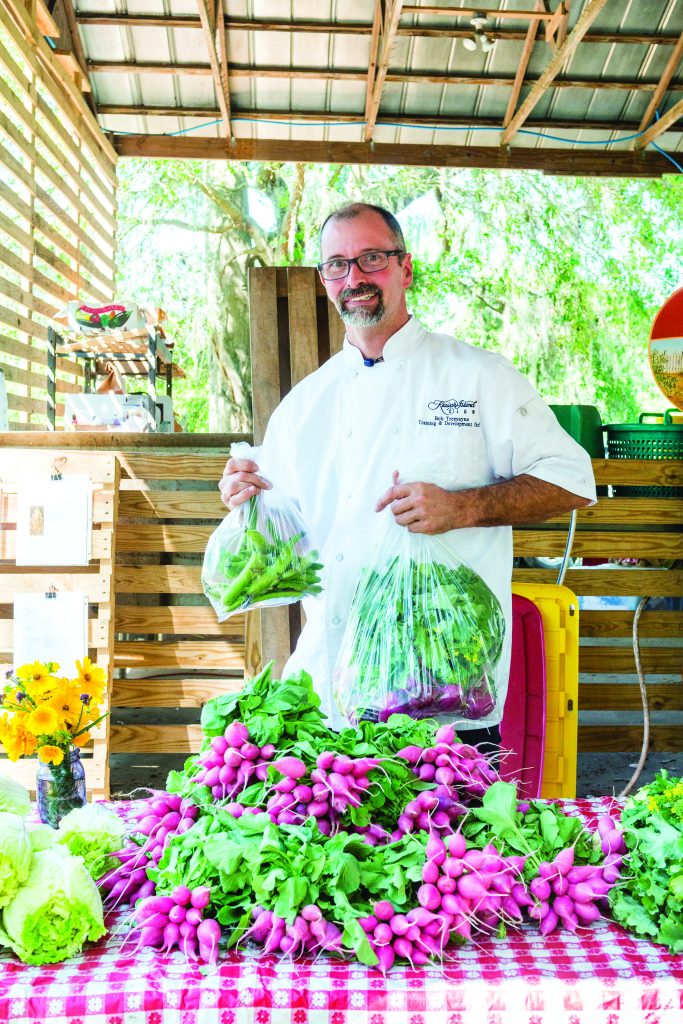
That philosophy of investing in people paid off during the COVID-19 pandemic. Like most resort communities, Kiawah had to slash its food and beverage and amenity offerings during 2020 and 2021, even as many Kiawah homeowners found the island an ideal place to ride out the pandemic. Elsewhere in the region, many service businesses were laying off all or much of their staff. “All around us we were seeing companies lay off 90% of their workforce,” says Dixie Norris. South Street, though, committed to keeping all its staff working. There were “zero layoffs, zero pay reductions, no benefit reductions.” Instead, South Street created alternate projects for their food and beverage employees, like grocery shopping, food delivery, and to-go food programs.
“What keeps employees with the company is if they feel valued,” Norris added. Sometimes South Street goes to unusual lengths to show that. There have been some tragic incidents over the past 10 years in our Kiawah family, and the South Street Partners are always the first ones to ask what they can do to help. Things like providing housing for an employee and her family after her house burned; or when the parent of another employee needed emergency medical care at a remote facility and the family couldn’t afford to fly him there, South Street paid for an air ambulance.
The benefits are numerous. First and foremost, South Street employees have steady employment with which to support their families. It’s also work that provides them with a sense of value. And for the company management, treating employees as valued partners fosters worker retention and productivity. Plus, there are intangible benefits. “When employees are happy and engaged and working toward the same goal of taking care of our members, that shows up with how they treat the members and go that extra mile,” Norris says. She tells the story of a member who, while playing a round of golf, approached an employee asking for a screwdriver because he’d broken his glasses. The employee hopped in a car, drove about half an hour to a glasses shop in Charleston, and then rushed them back before the member had even finished his round. “You don’t get that kind of customer service if employees aren’t engaged,” Norris says.
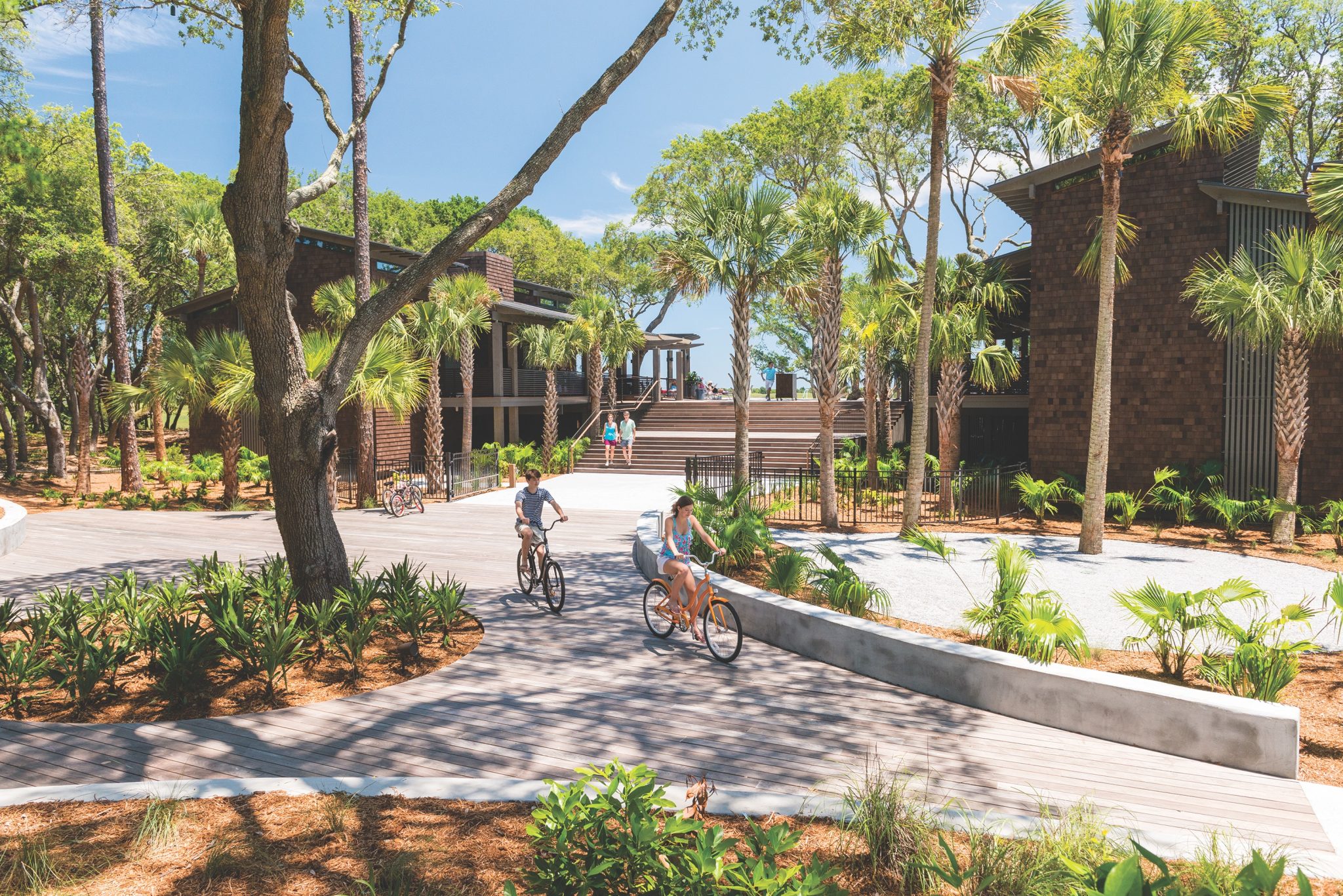
Perhaps the best example of South Street’s commitment to both its customers and its employees lies in a decade-long project, soon to be completed, to bring health care to the Sea Islands. Over the years, the partners at South Street recognized that health care was one of their major challenges; other than a handful of individual doctor’s offices, there wasn’t any. For Kiawah homeowners, many of whom are older, that absence was a roadblock to enjoying lengthier stays on or even retiring to the island. Doctors’ appointments typically required a drive to Charleston, and there were no emergency medical facilities at all. For employees, the absence of health care was an even bigger challenge. They lacked the resources and taking a day off to drive into Charleston wasn’t a viable option.
So, early in their stewardship, the partners reached out to the Medical University of South Carolina (MUSC), the state’s renowned healthcare provider, to see if the Charleston-based medical center could develop a healthcare facility on Kiawah. At first, MUSC was skeptical. The idea “just didn’t fit the normal health care delivery model,” says Dr. Patrick J. Cawley, CEO of MUSC Health. “There wasn’t enough foot traffic, car traffic, to generate enough business to make it financially worthwhile.”
But after talking with members of the community who were committed to raising money for a medical center, Cawley changed his mind. “This was a very dedicated community who wanted to live there, wanted to age there,” Cawley says. “I started to hear from the community that they would support this [through philanthropic giving].” South Street committed to donating the necessary land at a value of $6 million. “We don’t get a lot of community developers who do that,” Cawley says. “So, we decided to make a move and dive in.”
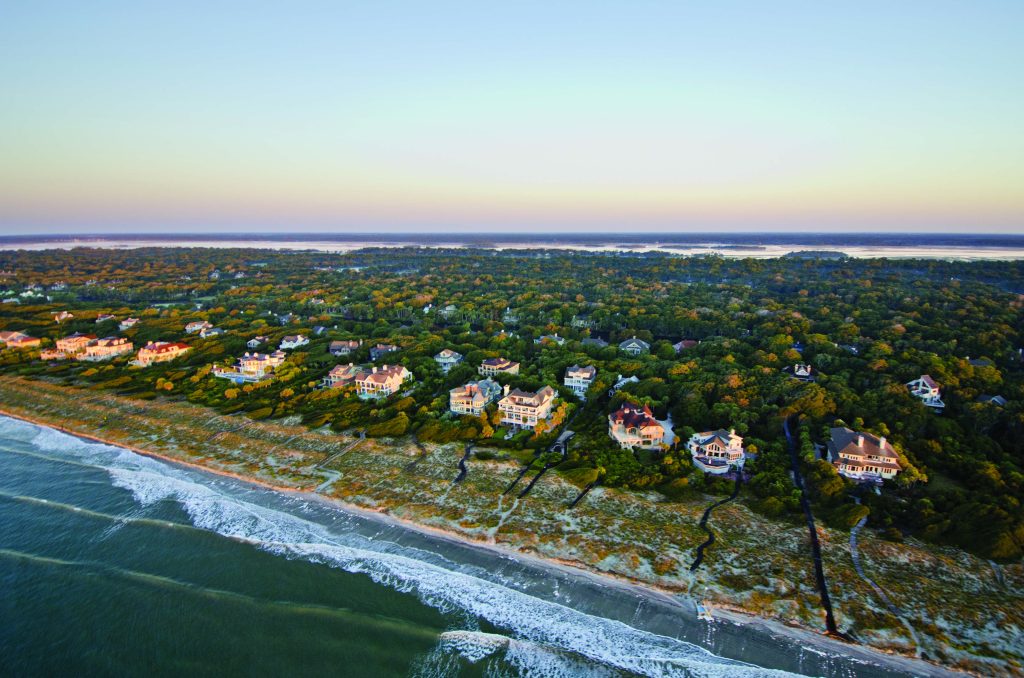
Due to the complexity of state and federal regulations and the challenges of medical design, the process has taken years. But construction is about to get underway, and 16 months from then, MUSC will open a 30,000-square foot, state-of-the-art medical center on Kiawah that’s open not just to community guests and residents, but to all the residents of Kiawah, Johns, and Seabrook Islands. With a 24/7 emergency room, more primary care, more specialty care, and the impressive resources of MUSC to draw upon, the new MUSC Health Sea Islands Medical Pavilion will be a healthcare lifeline for Kiawah members and guests, but also for employees, and local residents.
Much of the credit goes to South Street, Cawley says. “It’s typically elected officials who think about these things, not developers. But this is not just a flash in the pan where they have a meeting or two and then step back. They’re thinking decades out.” For South Street, that’s part of what sustainability means.

